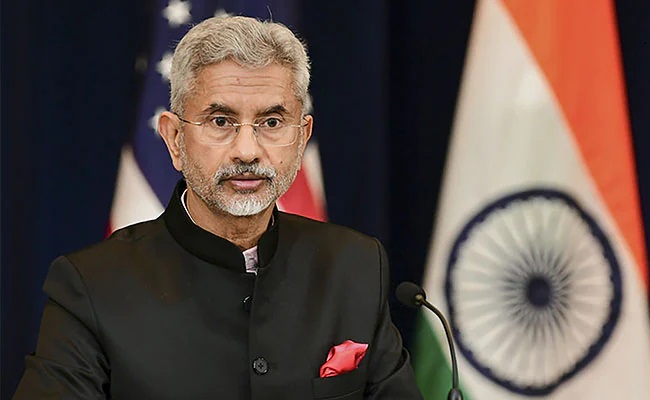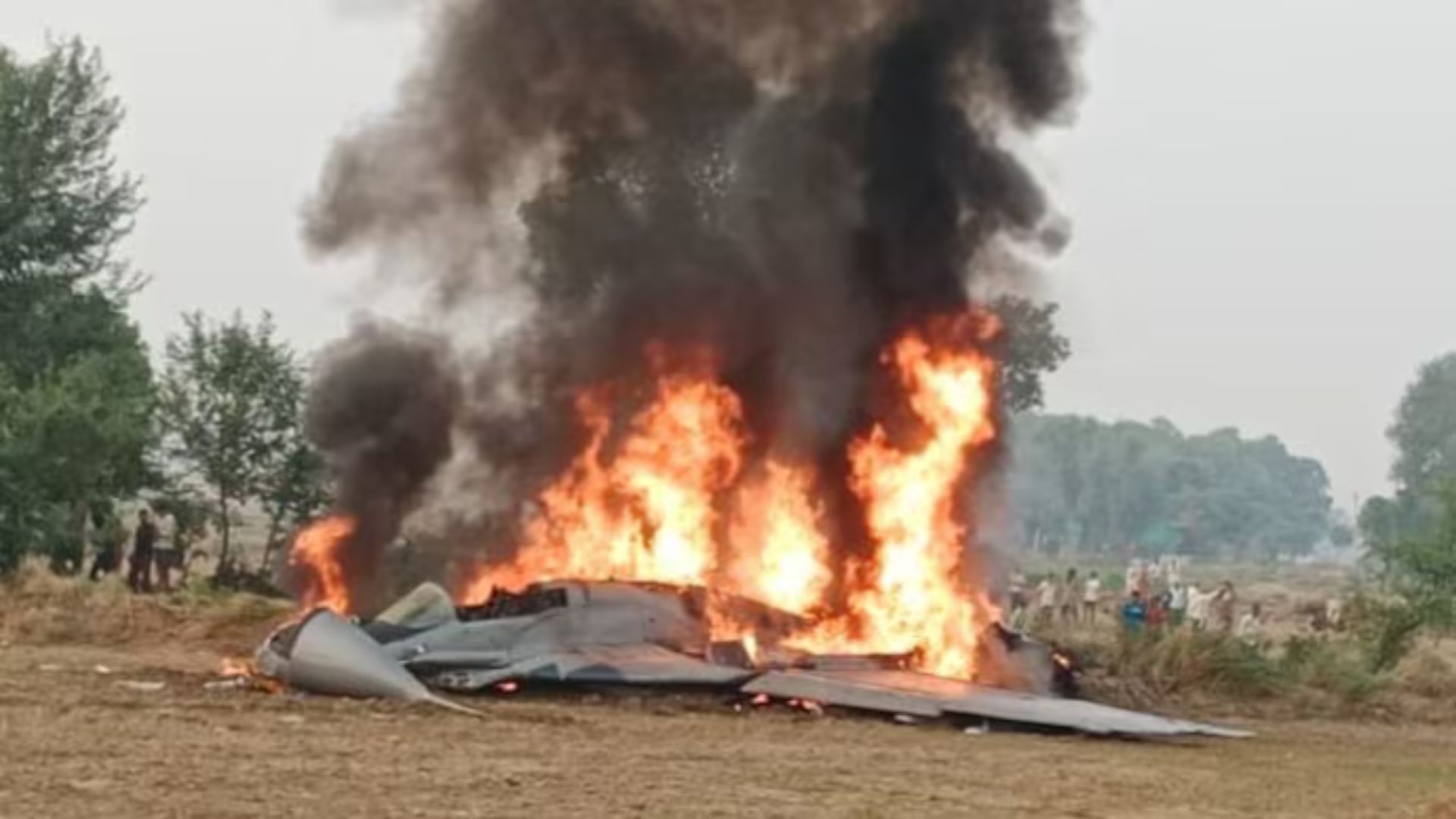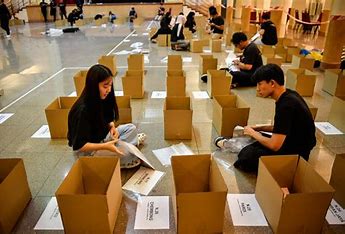
Jaishankar, Minister of external affairs, sent a stern message to China on Friday regarding its opposition to the UN’s blacklisting of terrorists, stating those who politicise the UNSC 1267 Sanctions system in order to safeguard declared terrorists do so at their own peril.
Jaishankar made reference to Pakistan without naming it and stated that “no speech, however sanctimonious, can ever cover-up blood stains.”
“The United Nations responds to terrorism by sanctioning its perpetrators. Those who politicise the UNSC 1267 Sanctions regime, sometimes to the extent of defending proclaimed terrorists, do so at their own peril. Believe me, they advance neither their own interests nor indeed their reputation,” Jaishankar said at the United Nations General Assembly without naming China.
Sanctions are outlined in Resolution 1267 against people and organisations who enable or fund ISIL, Al-Qaida, or any affiliated terrorist organization’s deeds.
Jaishankar extended an invitation to all UN members to attend the Counter-Terrorism Committee meetings in Mumbai and New Delhi.
Additionally, he stated that India must develop a global architecture in response to the new technological instruments being used against pluralistic, open, and diverse civilizations.
“Having borne the brunt of cross-border terrorism for decades, India firmly advocates a “zero-tolerance” approach. In our view, there is no justification for any act of terrorism, regardless of motivation. And no rhetoric, however sanctimonious, can ever cover up blood stains,” Jaishankar said at the UNGA.
The External Affairs Minister stated during the meeting that the UN members supported the Security Council reforms. He added that because the current architecture is acknowledged to be outdated and ineffectual, UN members favour the overhaul.
According to Jaishankar, the justice of the developing world is “decisively addressed.”
“It is also perceived as deeply unfair, denying entire continents and regions a voice in a forum that deliberates their future. India is prepared to take up greater responsibilities. But it seeks at the same time to ensure that the injustice faced by the Global South is decisively addressed,” Jaishankar said.
“Our call is to allow serious negotiations on such a critical matter to proceed sincerely. They must not be blocked by procedural tactics. Naysayers cannot hold the IGN process hostage in perpetuity. In these turbulent times, it is essential that the world listens to more voices of reason. and experiences more acts of goodwill. India is willing and able on both counts. We believe and advocate that this is not an era of war and conflict. On the contrary, it is a time for development and cooperation,” he added.
On September 16, China blocked a resolution that the US and India had sponsored at the UN to name Sajid Mir of the Lashkar-e-Taiba (LeT) as a “global terrorist.”
He is the most wanted terrorist in India and took part in the Mumbai attacks in 2008. The US proposed that India blacklist Mir as a foreign terrorist under the 1267 Al-Qaeda Sanctions Committee of the UN Security Council.
After Abdul Rehman Makki, a leader of the LeT and Jamaat-ud-Dawa (JuD), and Abdul Rauf Azhar, the brother of Jaish-e Mohammed (JEM) founder Masood Azhar, were given protection by Beijing, China has now thwarted an India-US request three times in recent months.















